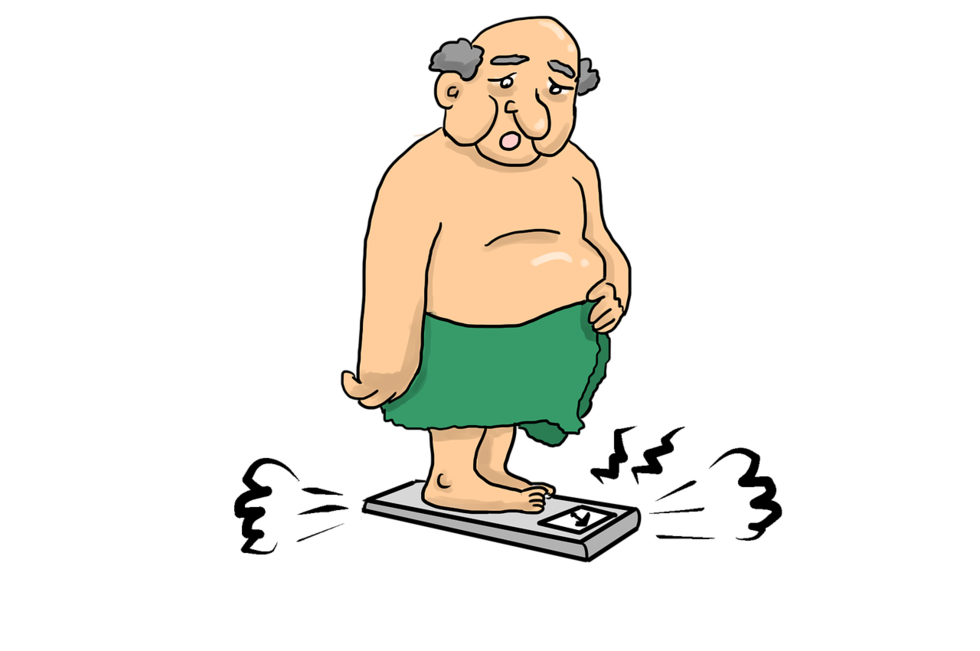Sadly, it is no secret that obesity is a real problem in America. Some studies have shown that fully two-thirds of all Americans are heavier than they should be. Obesity can play a role in Social Security disability. Social Security will not find you disabled only because of your weight. But, they will consider the effect of your obesity on other disabling conditions you have.
A Snapshot That Lacks Detail
Given that being overweight is such a problem, it is little wonder that doctors spend so much time trying to address it. Before your doctor can make specific recommendations for you, she has to assess just how obese you are. For almost 200 years now, doctors have relied on a quick snapshot of a person’s weight called Body Mass Index, or BMI. This is, at best, a crude measurement. Your doctor will take your weight and divide that number by the square of your height. There are four essential categories for the results: underweight (B.M.I. less than 18.5), normal weight (18.5 to 24.9), overweight (25.0 to 29.9), or obese (30 or greater).

Per an article in the New York Times, however, many doctors now think BMI is at best useless and at worst, harmful. A major issue is that a BMI reading tells you nothing about any given person. A highly fit and muscular athlete, for example, could have a high BMI. A sedentary, sickly person who is thin, could have a low BMI. A BMI score also has little predictive value for a person’s overall health. As many as three-quarters of those people classified as overweight or obese had good results on tests for such things as blood pressure and blood sugar levels.
First, Do No Harm?
Can these inaccurate BMI measurements cause people actual harm? Yes, according to some physicians. The danger arises when a healthy person with a high BMI score undertakes to lose weight. Or, an unhealthy person with a good BMI score fails to make changes in his lifestyle.
The Tale of The Tape

If you want a quick way to assess your health that is more accurate than BMI, grab a tape measure. The circumference of your waist is likely to give you more insight than a BMI score. This is because the so-called “belly fat”, which accumulates around your internal organs, is the real problem. Too much of this fat and you are at risk for such bad things as diabetes and heart disease.
Not An Excuse To Avoid Your Weight
The takeaway here is not to disregard the extra weight you may be carrying just because BMI scores turn out not to be very accurate. Obesity is a very serious problem that could shorten your life or make that life much less enjoyable. The next time you see your doctor, discuss with her your weight and the safe ways to lower it.


